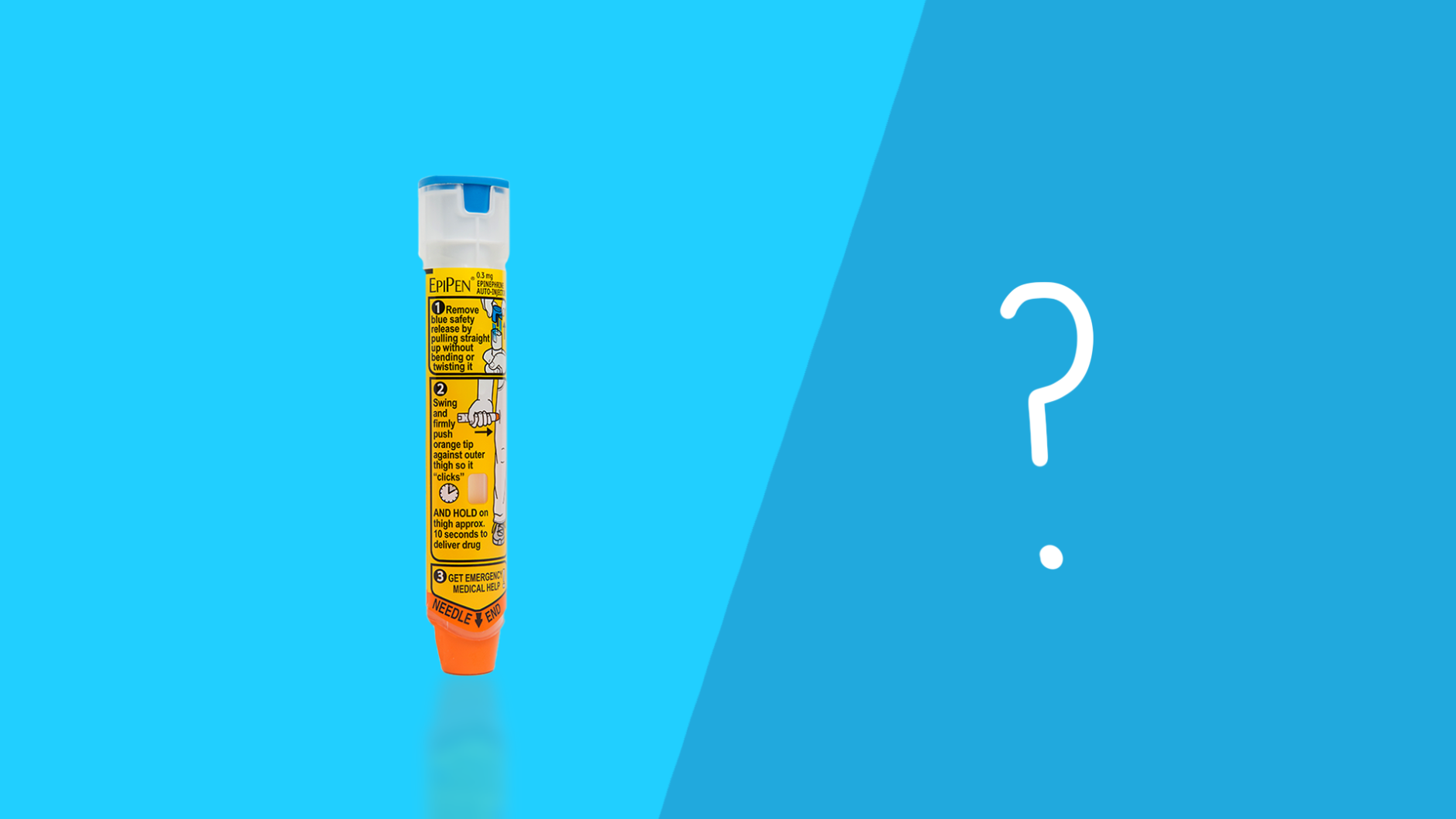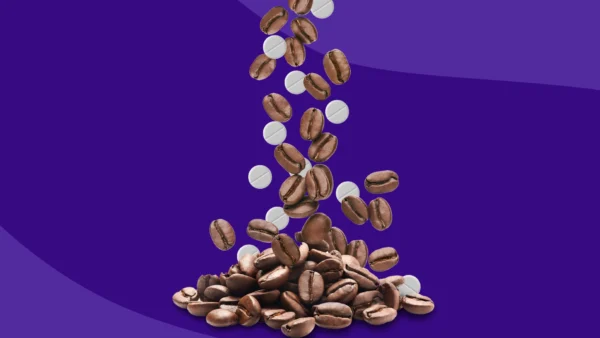If you or someone you know has a severe allergy, chances are you’re familiar with the life-saving tool and medication EpiPen. What many don’t realize is that EpiPen is a brand of epinephrine auto-injector (EAI), and it’s not the only brand available. Right now EpiPen is experiencing a national supply shortage, creating a dangerous situation for many patients with severe allergies.
Food Allergy Research and Education (FARE)—an organization that has been providing updates on the shortage since last year—is advising patients to ask their doctors for an alternative brand that is not currently experiencing a shortage. However, the obvious question remains: Why aren’t doctors automatically prescribing these EpiPen alternatives to begin with? The short answer: They might not know about them.
What EpiPen alternatives are available?
EpiPen was the first publicly marketed epinephrine auto-injector and has been the only one since 1987, according to Dr. Laura Balsamini, Pharm.D., National Vice President of Pharmacy Services at Summit Medical Group. But a few years ago that changed.
Now there are a variety of EpiPen alternatives available on the market:
- Adrenaclick
- Auvi-Q
- Symjepi
Purvi Parikh, MD, an allergist and immunologist and spokesperson with Allergy & Asthma Network says many doctors may not know of EpiPen alternatives, which could limit access for patients. Because EpiPen has dominated the market for so long, its name has practically become synonymous with the epinephrine auto-injector itself, so it can take time for the other brands to become known.
Is a generic EpiPen available?
“EpiPen is a life-saving medication with an everlasting high demand, so it has held its place for a long time until the price hike and shortage came into play,” Dr. Balsamini explains. “Now generic drug manufacturers have taken on the challenge to supply the high need for a life-saving medication.”
There are three generic EAI’s manufactured by Mylan, Teva, and Impax Laboratories:
- Authorized generic for EpiPen and EpiPen Jr (Mylan)
- Epinephrine (Teva)
- Authorized generic for Adrenaclick (Impax)
“According to the FDA website, which provides daily updates on drug shortages, Epinephrine generic, manufactured by Teva, and Symjepi, manufactured by Adamis, are not experiencing shortages and should be available across pharmacies,” Dr. Balsamini says.
Does health insurance cover Epipen alternatives?
Insurance coverage could be an additional barrier to generic EAIs, says Dr. Parikh. If the EpiPen brand is unavailable, the patient’s insurance must provide prior authorization and approve the new alternative medication, which is both time-consuming and tedious.
“One important point to note is that other than the authorized generic for Epipen manufactured by Mylan, none of the other alternatives are interchangeable,” Dr. Balsamini explains. And authorized generics are often just as expensive as brand-name epinephrine. “Hence, providers must send a prescription for generic product to the pharmacy to allow pharmacies to dispense the low cost generic product available at that time.” In short, doctors must be specific about which exact product they are prescribing.
Patients should first ask their pharmacist which epinephrine product is in stock, Dr. Parikh advises, and then request their doctor change their prescription based on availability.
And Dr. Balsamini suggests patients who are unable to access EAI’s through the shortage to check the expiry date on their current product. “FDA has extended the expiration dates by four months of all lots of EpiPen (epinephrine injection, USP) 0.3 mg Auto-Injectors and its authorized generic manufactured by Mylan currently on the market in the U.S. after a review of stability data,” she says. “Patients can also directly contact the drug manufacturer for assistance in locating alternative pharmacies which do have the product in stock.”
FARE announced on its website that Auvi-Q, an alternative epinephrine auto-injector, has a nationwide partnership with Walgreens to make Auvi-Q 0.15 mg and 0.3 mg available at no cost to patients with commercial insurance coverage, a move that should help free up more auto-injectors. (Typically, the product has a steep price tag.) Auvi-Q is also currently not experiencing a supply shortage.











